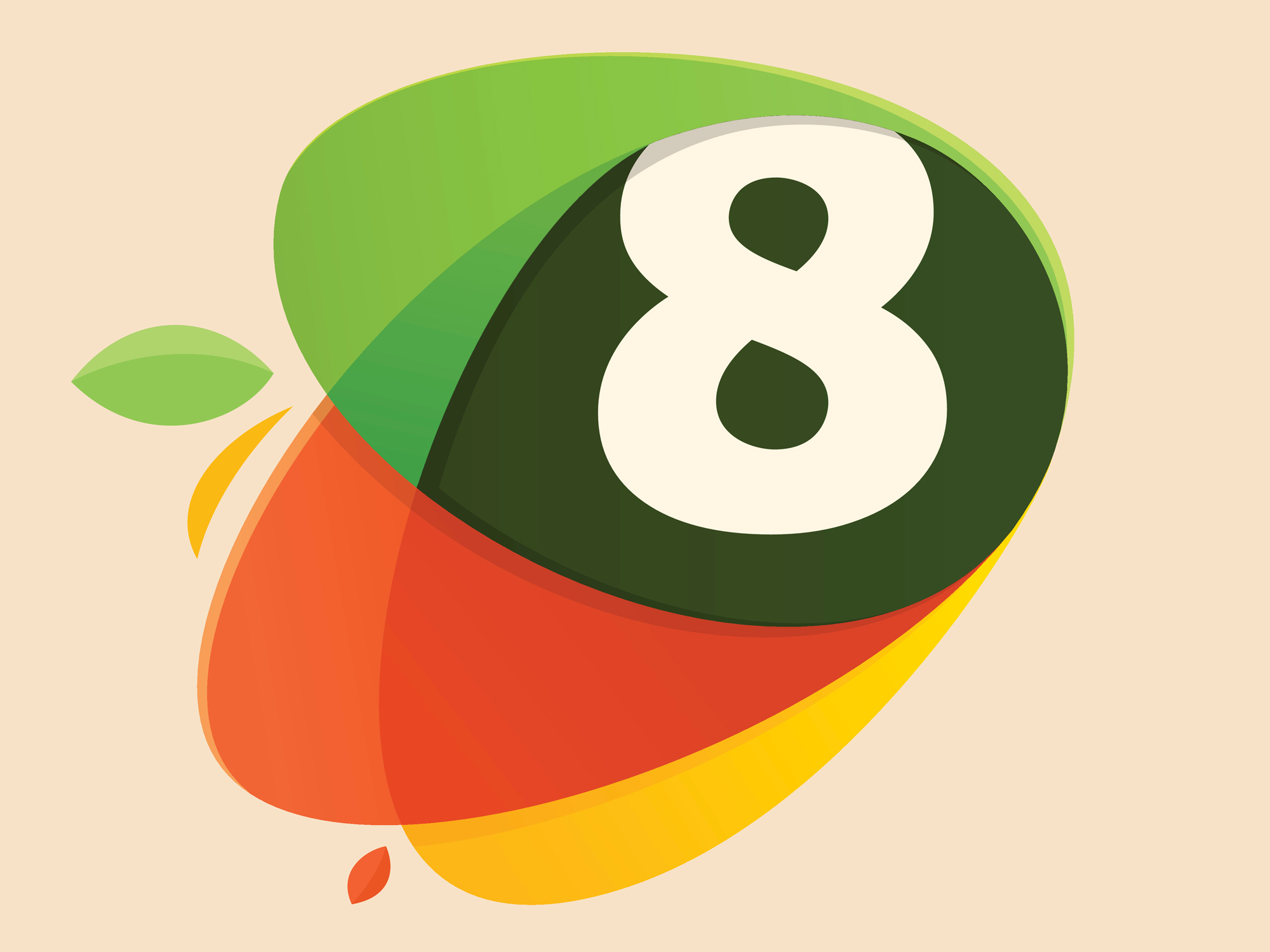Get Easy Health Digest™ in your inbox and don’t miss a thing when you subscribe today. Plus, get the free bonus report, Mother Nature’s Tips, Tricks and Remedies for Cholesterol, Blood Pressure & Blood Sugar as my way of saying welcome to the community!
8 omega-3 sources that slash your cancer risk

Omega-3 fatty acids aren’t just important to your health, they’re essential to your health. That’s why they’re called “essential fatty acids.” You need them to survive.
And they’re one of the few fats your body can’t create on its own, so it’s up to you to fill yourself with foods naturally rich in them.
The impact omega-3 fatty acids have on your body is nothing short of miraculous. The good news is — if you take your omega-3 intake seriously, your health will thrive…
Forget about high cholesterol, high blood pressure, heart disease, diabetes, rheumatoid arthritis, lupus, osteoporosis, depression, bipolar disorder, schizophrenia and dementia — all of these are prevented or improved by taking omega-3 fatty acids.
But what about the mother of all health conditions… the one that hangs over your head like a guillotine? Of course, I’m talking about cancer…
Well, omega-3 fatty acids work for that too. Previous studies have shown that omega-3 reduces your risk of colon, breast and prostate cancer. And now a recent study shows that it can even improve your odds of surviving bowel cancer.
A study published in the British Medical Journal found that people diagnosed with bowel cancer who ate a lot of omega-3-rich fish had a lower risk of dying from the disease. And their odds of survival went up really high if they increased their intake after diagnosis.
Those who ate 0.3 grams of omega-3s daily after their diagnosis had a 41 percent lower risk of dying from the disease than those who consumed less than 0.1 gram. But those who amped up their usual omega-3 intake by at least 0.15 grams daily slashed their risk of dying from bowel cancer by an amazing 70 percent. When it comes to cancer, those are some good odds.
Researchers said that the reduced risk applied both to people who got their omega-3s from supplements and from whole-food sources. That said, most people in the study were getting their omega-3s from whole food, marine sources like fish.
So eating a lot of omega 3-rich fish is probably your best bet when it comes to warding off the big C. You’ve probably heard that salmon is a great source—and it is. But if you’re not a fan of salmon you don’t have to miss out on a great marine source. There are several good ones to choose from, including:
- Salmon
- Mackerel
- Herring
- Halibut
- Lake trout
- Sardines
- Anchovies
- Albacore tuna
If you’re a vegetarian or vegan you can also get omega-3s from marine algae. There are a bunch of vegan marine algae-derived omega-3 supplements on the market right now. But whatever the source of your omega-3s, make sure you get enough. Take at least 250 to 300 mg of omega-3s per day. That means you need to eat at least 8 ounces of fish per week or take a 1,000 to 1,200 mg fish oil supplement daily.
Editor’s note: Omega3s are potent natural cancer fighters. But in Surviving Cancer, Dr. Michael Cutler’s comprehensive cancer guide, he lists 22 of the best cancer-fighting supplements–as well as the best foods and nutrients for the deadliest cancers. Plus, you’ll learn the truth behind the medical establishments biggest money maker and how to escape their outdated and useless treatments and drug therapies. To get your copy today — plus 3 FREE reports — click here!
Sources:
-
“Omega-3 fatty acids.” University of Maryland Medical Center. http://umm.edu. Retrieved July 21, 2016.
-
Song, X. Zhang, J.A. Meyerhardt, E.L. Giovannucci, S. Ogino, C.S. Fuchs, A.T. Chan. “Marine ω-3 polyunsaturated fatty acid intake and survival after colorectal cancer diagnosis.” Gut, 2016.
-
“8 Easy Ways to Load Up on Healthy Omega-3 Fats.” U.S. News & World Report. http://health.usnews.com. Retrieved July 21, 2016.
-
“Fish and Omega-3 Fatty Acids.” The American Heart Association. http://www.heart.org. Retrieved July 21, 2016.












